Author Jessica Hatcher-Moore and her husband, photographer Philip Hatcher-Moore, spent a few days at the close of summer enjoying a farm stay with their two young boys at our Hollings Hill farm in Herefordshire, run by Faye and Austin Knowles. She reflects "It was meditative and it felt good, because when you focus on the small things in life, somehow the big ones settle quietly into place". Here, Jessica shares her reasons for their stay and an insight into why agritourism is at the heart of a Feather Down stay.
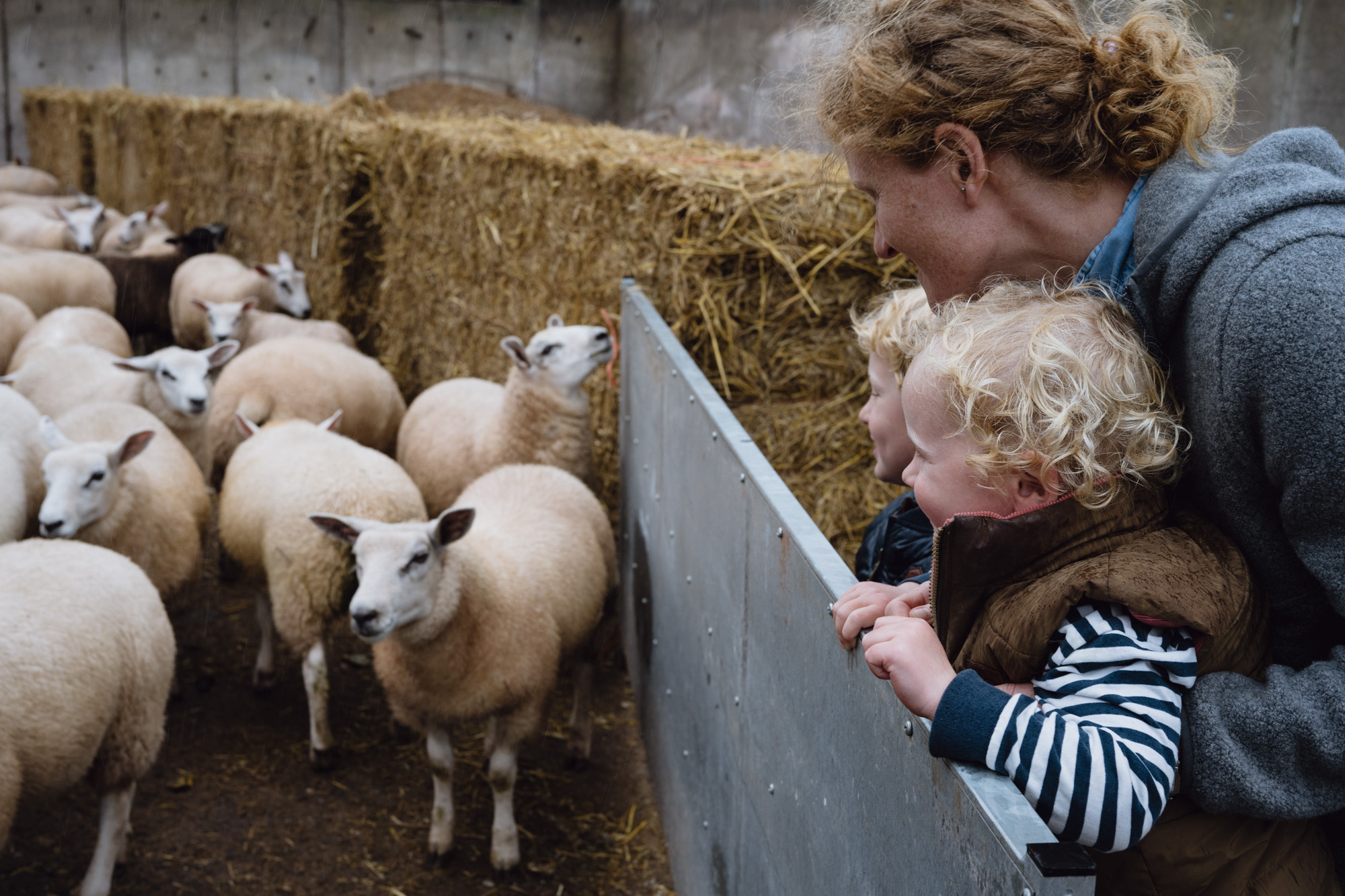
This year, purposeful travel was the order of the day: travellers looked for holidays that connected them with people and places, often in surprising ways. Farm stays, foraging or wild-swimming courses, off-grid escapes and wellness retreats; holidays that promote connection, holistic balance and growth. Given our nation's crumbling mental health and the global climate crisis, this is perhaps not surprising. A recent study by the World Economic Forum found that three-quarters of travellers want more sustainable options to ensure their holidays don’t contribute to climate change.
For my family, which includes two small and energetic children, a holiday is not necessarily a rest. It is, however, a chance to connect – not just with each other but with somewhere new.
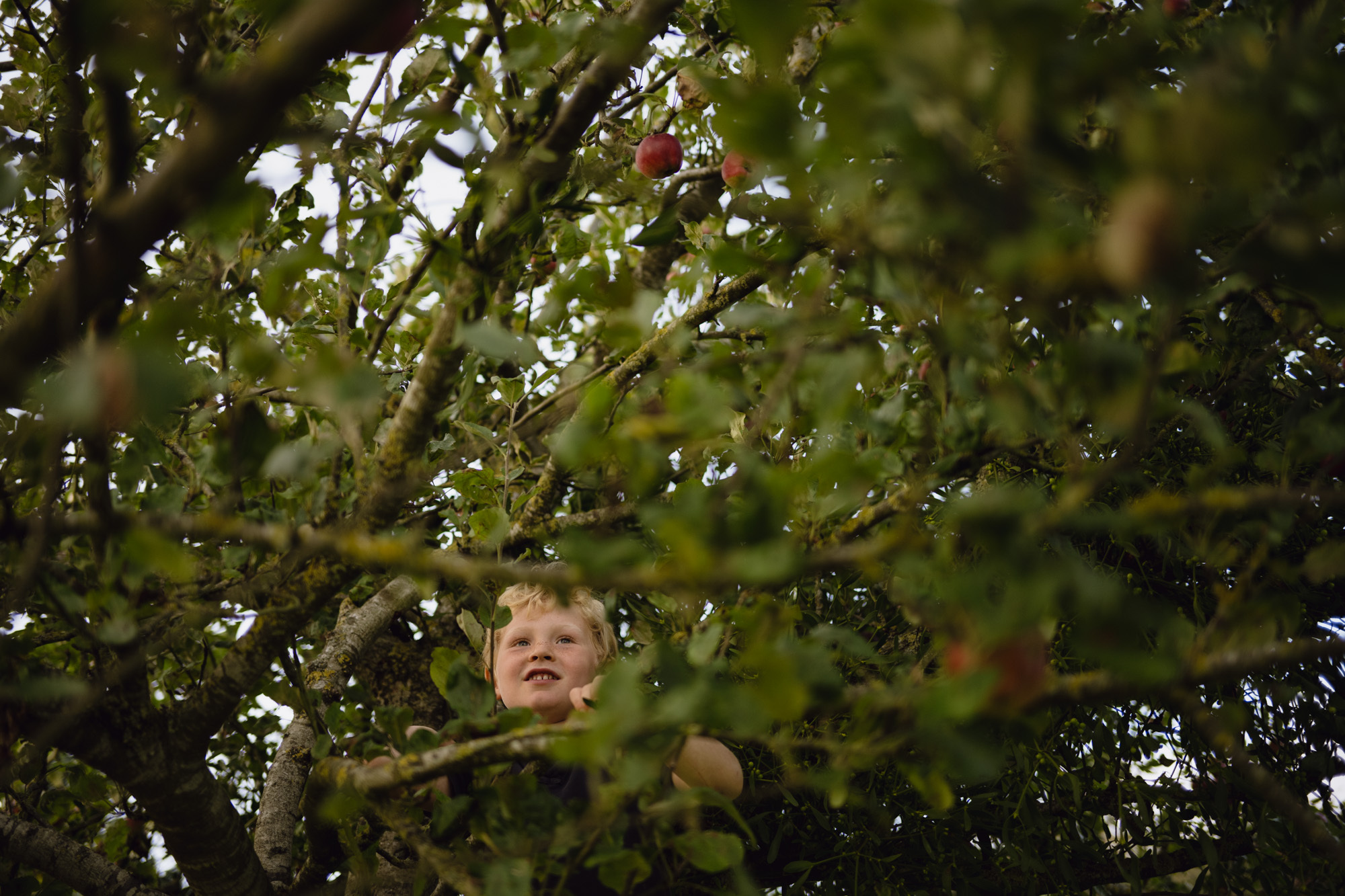
I grew up surrounded by farmland, an upbringing that embedded in me the rhythms of rural life: lugging hay through snow and breaking ice in winter, playing midwife to chicks, lambs and foals in spring, and turning golden fields of grass into a gigantic stack of hay. As an adult, I really value that connection, and I want my children to have it too; an understanding of where our food comes from, and the lengths farmers go to to stock our shelves.
Already, my children feel a strong connection with nature. They fall into a different way of being when they are away from their toys and the endless deliberations over whose turn it is or who broke it. They forget such petty-minded complaints, their egos dissolve and they lose themselves in their surroundings.
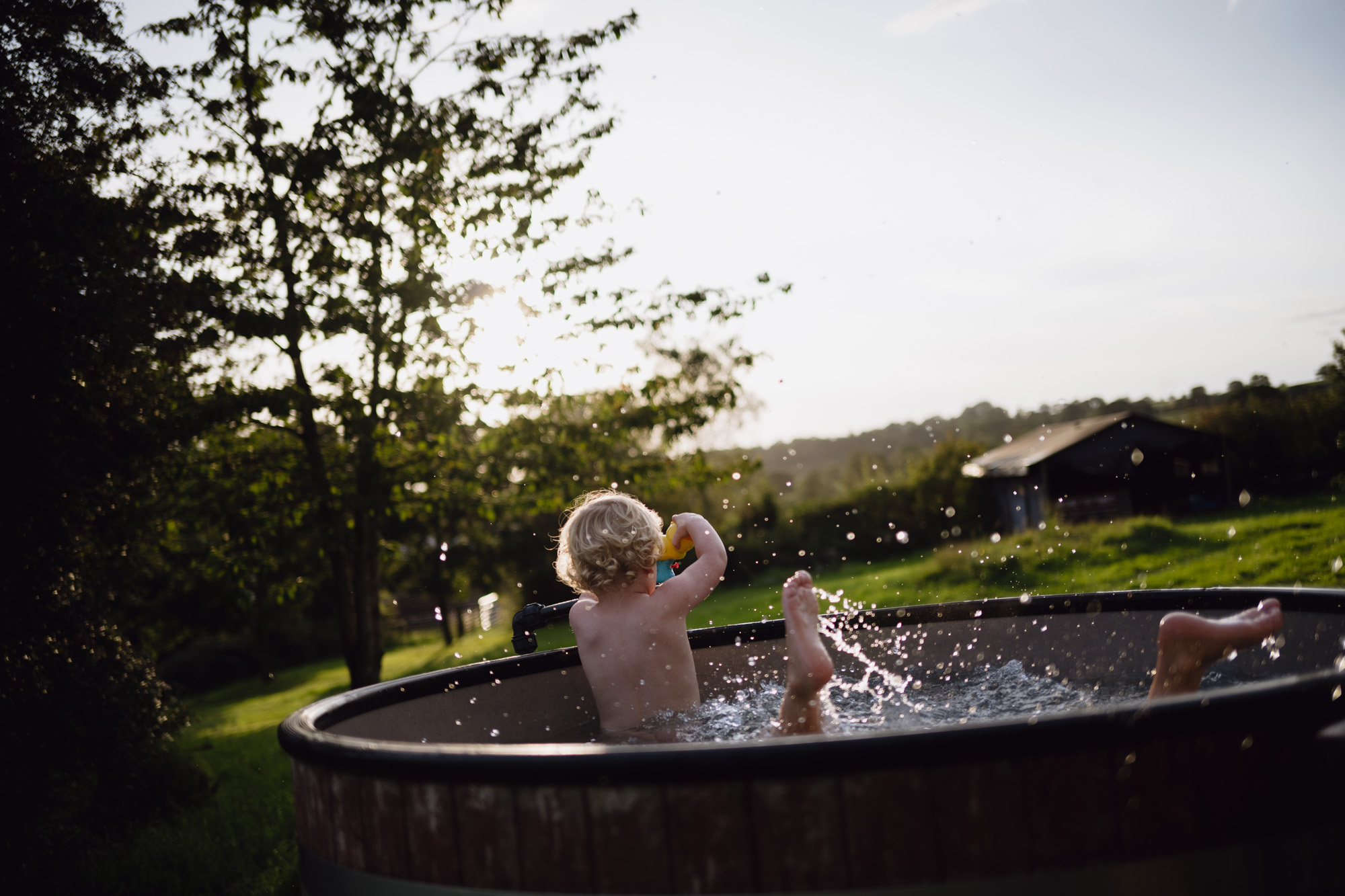
For this reason, I find myself returning to a Feather Down farm this summer: a holiday with a purpose. And indeed, within a few hours of arriving, our children had set their intention for the week: to pretend to be explorers with the children from the neighbouring tent. They hastily raided our suitcases for props and were scarcely to be seen again – until it was time for a tour of the farm.
Hollings Hill is a dairy farm, with nearly 400 cows milking twice a day, plus 130 ewes and a handful of rams. Faye and Austin, the farmers, are tenants of the Duchy Estate, and their milk is sold exclusively to Waitrose. They were one of the first Feather Down farms in the country so have been welcoming tourists like us for nearly twenty years.
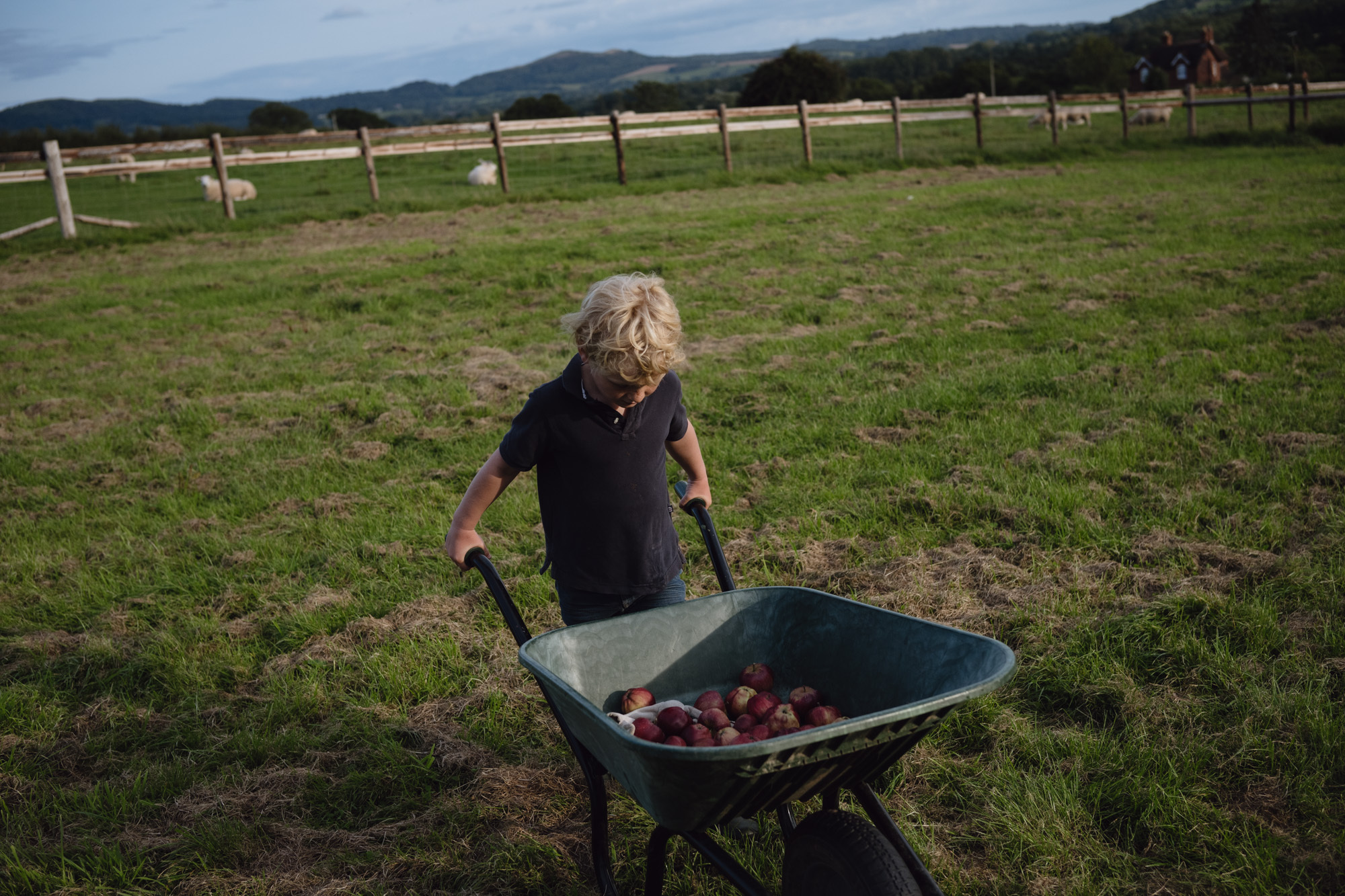
Agritourism isn't new. The concept is best associated with Italy, where thousands of farmers and smallholdings offer Agritourismi, many of them serving up food produced on the farm. But city dwellers around the world have been fleeing the smoke for the curative powers of the countryside for hundreds of years. In the UK, the sector grew rapidly in the 1980s and 1990s, as income levels fluctuated, and milk quotas required a restructuring of the dairy industry. Today, it provides an important financial safety net for farmers and a way for tourists to connect with food producers and enjoy the countryside.
Feather Down Farms’ particular brand of agritourism is known for its simplicity and comfort: attached to working farms, their off-grid safari tents offer kitchens, hot showers, proper beds and white cotton sheets. Agritourism typically blends entertainment with education, and Feather Down farms are no different.
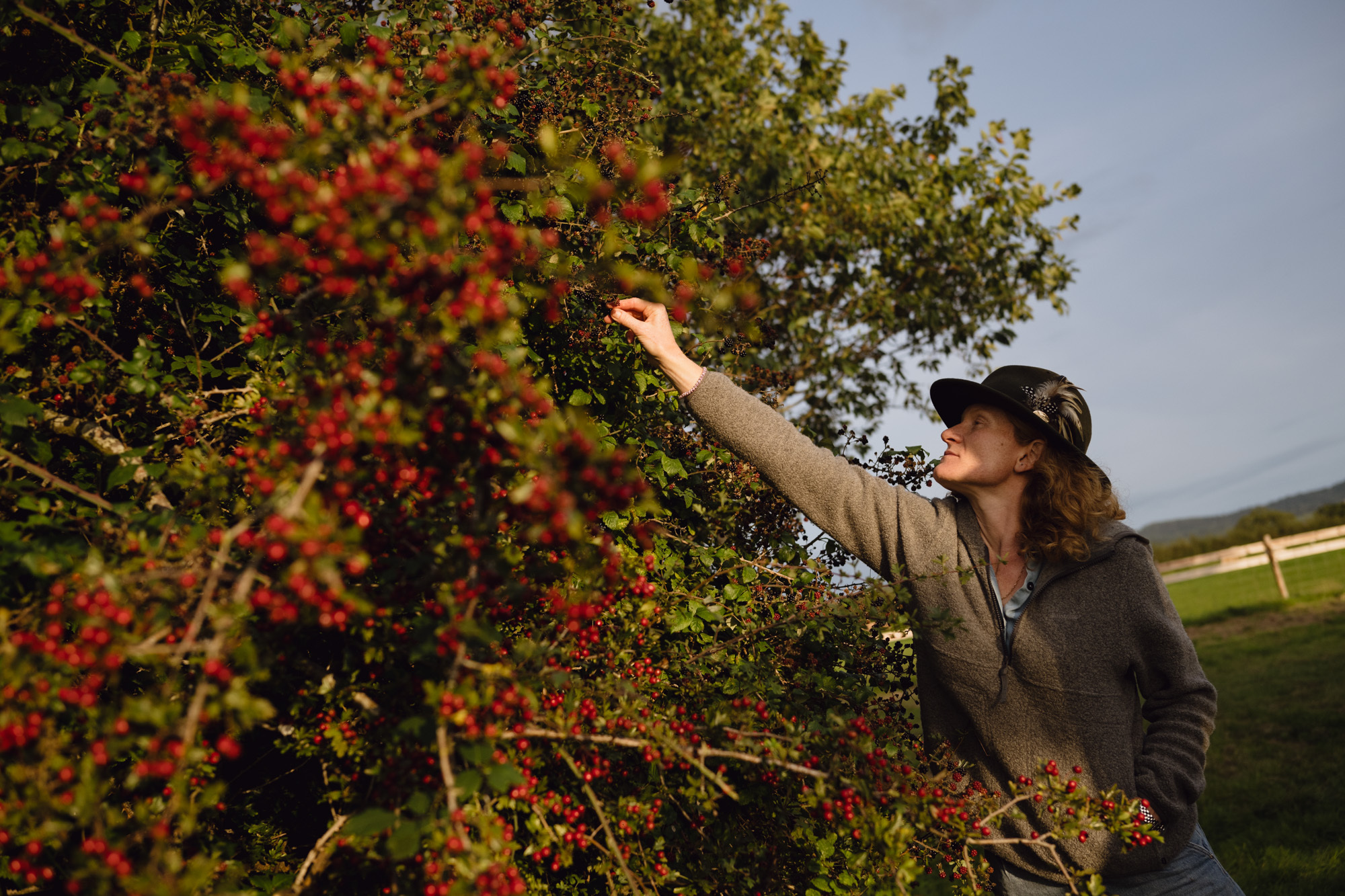
Faye, the farmer, considers education to be a vital element of what she does. Dairy farmers get a bad rap, she explains. The viral documentaries like Cowspiracy, which criticise the meat and dairy industries for driving carbon emissions, are filmed in America, where farming is very different. Faye and Austin recently went to the US on a research trip and were stunned by how much harder and more intensive farming in the US is. In the UK, farmers like Faye and Austin feed their dairy herd almost entirely from their own pasture, and while the cows do guzzle a lot of water—up to 120 litres of water a day—they also produce a lot of milk. Each one of Faye and Austin’s cows are putting up to 60 litres of milk on Waitrose shelves every day. Cow's milk contains key essential nutrients that don't exist in plant-based alternatives, which is why it's recommended for children.
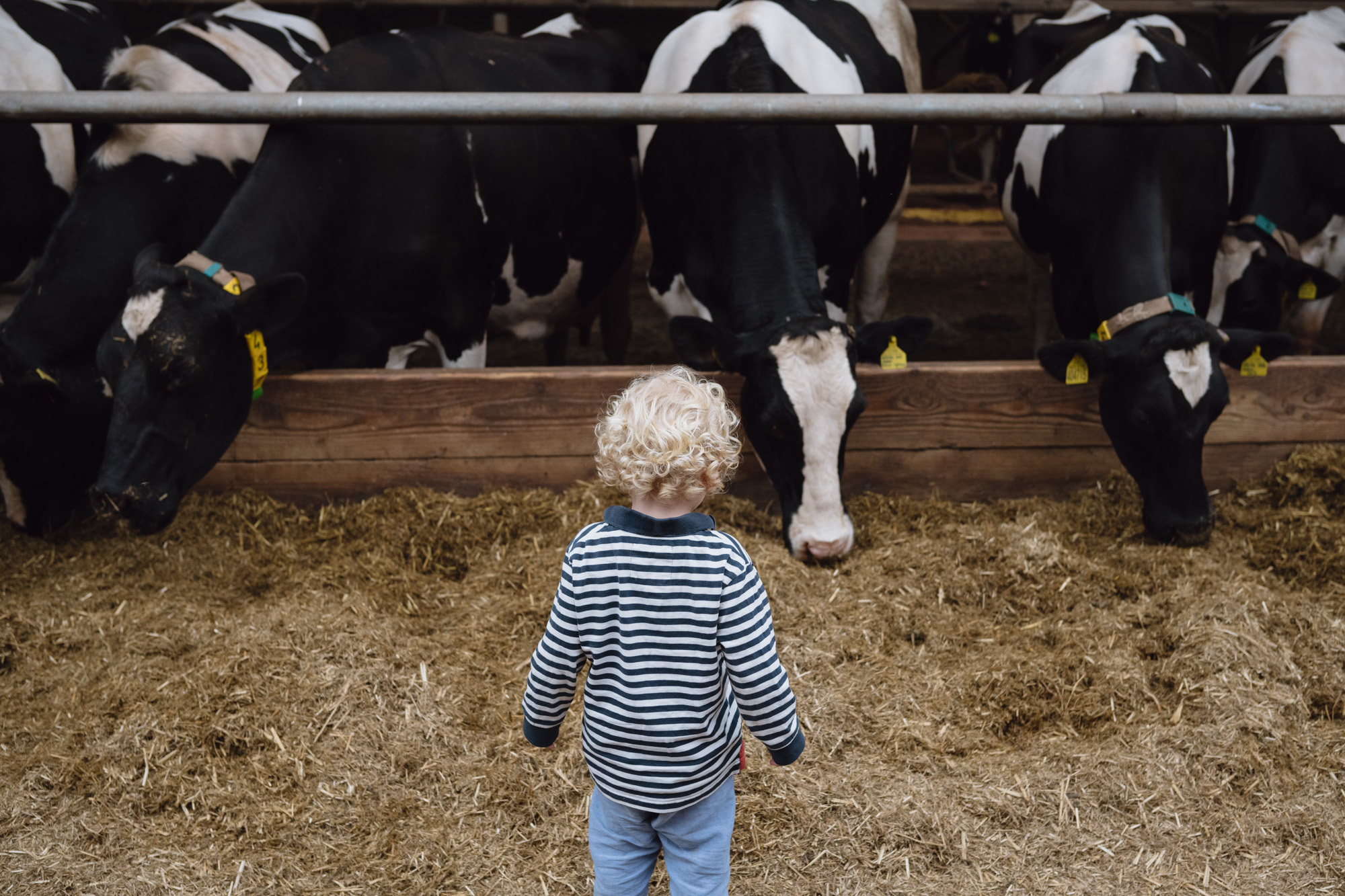
Faye enjoys the chance to correct other common misconceptions. Have you ever heard people say that dairy cows often take antibiotics and that it comes out in their milk, she asks? Not true – it should never happen. She shows us how milk from cows taking antibiotics gets diverted from the main supply and dumped. Every batch of milk gets tested for antibiotics and if any are detected then the milk gets thrown away. So next time someone brings it up, you'll be able to correct them with authority: you should never find antibiotics in milk.
As we walk around the Farm and Faye talks, the children become more and more engaged, clamouring to ask questions, feel the body-temperature pipes that carry milk fresh from the cows' udders and peer into the milking parlour itself.

Whenever the children tire of playing explorers, they quickly find a new purpose: splashing about in the hot tub, playing cricket, picking fruit or setting up a look-out from the top of an apple tree. And if their job was to play, ours was to provide. Life was a slow and pleasing succession of tasks based on our needs (chiefly, the hot tub, tea and coffee, and food), interspersed by reading and playing cards. It was meditative and it felt good, because when you focus on the small things in life, somehow the big ones settle quietly into place.









